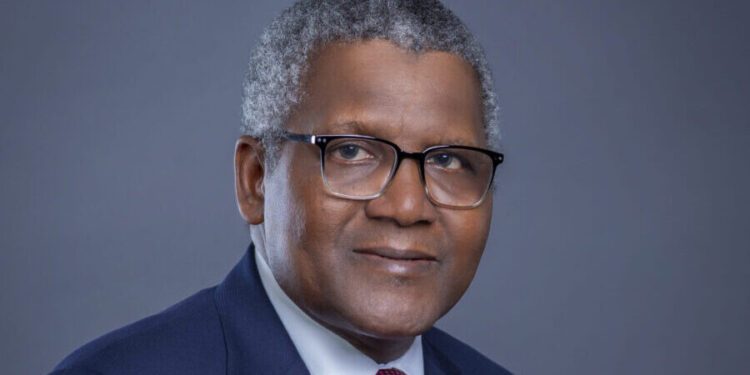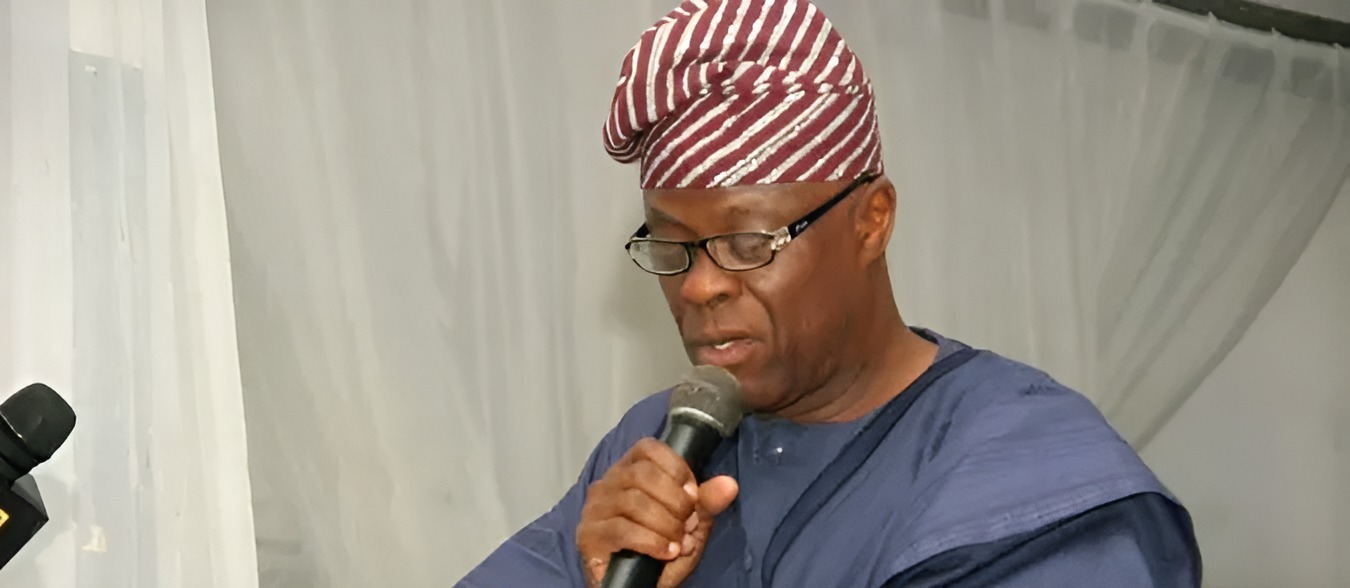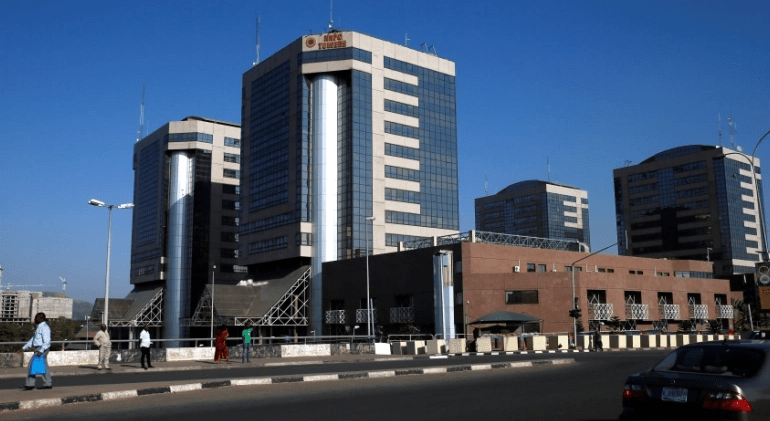Femi Ogbonnikan
Ogun State Governor, Prince Dapo Abiodun, was a key figure in President Bola Ahmed Tinubu’s entourage that attended the recent BRIC Summit held in Rio de Janeiro, Brazil.
Nigeria’s engagement as a BRICS Partner country, and potential future full membership, is a strategic move aimed at diversifying its foreign relations and economic partnerships.
Nigeria officially became a Partner Country in January 2025. President Tinubu’s invitation to the Summit was at the instance of Brazil’s President, Luiz Inacio Lula Da Silva, signifies Nigeria’s growing importance on the global stage. Not only that the presence afforded Nigeria a voice in discussions among major emerging economies, it also provided opportunity to contribute to shaping a multi-polar world order. President Tinubu used the platform to call for a re-evaluation of the current global governance structure and the financial and healthcare systems, urging greater equity and inclusion for low-income and emerging economies, particularly in Africa. This enhances Nigeria’s international recognition and diplomatic voice.
On the sidelines of the summit, President Tinubu held a crucial bilateral meeting with Brazilian President Lula da Silva. His discussions at the summit and bilateral meetings specifically centred on Agriculture, including livestock development, environment and climate action, renewable energy options, mining and natural resources exploration opportunities, among others.
Overall, there was a commitment to tackle and remove bottlenecks hindering the actualisation of existing Memorandum of Understandings (MOUs) and agreements, particularly in agriculture, aiming to streamline and fast-track processes. So, the key take homes included discussions on establishing direct air links between Nigeria and Brazil to boost tourism and business, enhancing bilateral trade and reciprocal investment, and accelerating cooperation in energy transition, science, technology, innovation, and space observation.
Brazil’s President Lula reportedly directed Brazilian agricultural institutions and companies to invest heavily in Nigeria.
And, of course, the action governor, Prince Abiodun, didn’t sit at the Summit and bilateral discussions as a passive participant in global decision-making. With Brazil’s enthusiasm, focusing on strategic sectors like agriculture, energy, and technology, he seized the opportunity to woo Brazilian investors into Ogun State, urging them to consider investing in Olokoola Liqueified Natural Gas (LNG), livestock, mining, tourism, power plant, and others.
He specifically invited them (investors) from Brazil to partner with the Ogun State to set up a fertilizer plant at the Olokoola Liquefied Natural Gas Project. The governor stated that the State was ready for investment opportunities in oil and gas, livestock, mining, agriculture, power plant development, renewable energy, tourism, technical and vocational training for youths, among others.
This was in furtherance of the investment drive of the administration for the rapid development of the state.
Abiodun described Ogun State as investor-friendly and one of the most developed states in Nigeria, adding that Olokola has the deepest sea port in the country.
He said: “We have a region in our state that is the deepest sea port in Nigeria, called the Olokoola region, where there is an Olokoola gas project in the offing. This place has been identified as the right location to have a fertilizer plant. So, we welcome partners from Brazil to set up a fertilizer plant with us in Ogun State.”
Nigeria’s Foreign Affairs Minister, Yusuf Tuggar, who also spoke at the event, described Ogun as one of the most industrialized states in Nigeria.
“There’s a lot that already exists in terms of the backbone for industries, which is why Ogun is very industrialized. It is one of the most industrialized states in Nigeria,” Tuggar said.
Finance Minister and Coordinating Minister of the Economy, Mr Wale Edun, stressed that Nigeria was on the right track in terms of growth, inflation, and external positioning.
On his own part, the Central Bank of Nigeria (CBN) Governor, Mr Yemi Cardoso, said that Nigeria’s financial system had been stabilized since the present administration came on board.
He stated: “In Nigeria today, we have stability in our financial system. We have a very tight monitoring system that ensures that inflation is gradually beginning to trend downward. The significance is that the foundation for growth is being established.”
Nigeria’s gradual shift in alliance promises to be of immense benefits to Nigeria. Though some analysts believe it may strain our relationship with the US, UK and other Western economies, the Minister of Foreign Affairs, Yusuf Tuggar, reiterated that Nigeria, as a Partner Country, will enjoy all the economic benefits of being a member without the political liabilities that might come with full membership.
According to him, these benefits will include expanded trade opportunities, improved access to concessional loans through the New Development Bank (NDB), and collaboration on infrastructure, technology transfer, and climate adaptation.
There is public skepticism that Western powers might view this deepening alignment with BRICS as a strategic shift away from their influence. Most public affairs commentators argued that historically, Nigeria had benefited from significant development aid, technical assistance, and security cooperation like counter-terrorism efforts, military training, arms deals) from the United States, the United Kingdom, and the European Union. They believe that a perceived shift in alliance could lead to a reduction or re-evaluation of these partnerships. For example, if Western nations feel Nigeria is moving closer to Russia or China, they might reduce intelligence sharing or military support.
Additionally, they noted that Nigeria still relies heavily on FDI from Western countries and that any perceived instability in its foreign policy direction could make some Western investors hesitant.
While the New Development Bank (NDB) offers alternative financing, a significant portion of BRICS investments, particularly from China, has been linked to concerns about debt sustainability in some developing countries. Nigeria has therefore been advised to exercise extreme caution to ensure transparency and favourable terms for any loans acquired, avoiding debt traps that could compromise its sovereignty or economic future.
However, Tuggar has consistently countered the argument, stating that joining BRICS is not a bloc against any other country and that Nigeria intends to maintain a balanced foreign policy.
To truly benefit from BRICS, Nigeria needs strong negotiation capabilities, policy consistency, and the institutional capacity to implement agreements and projects effectively.
Nigeria’s historical challenges with policy reversals, institutional fragility, slow project implementation, and corruption have been identified as limiting factor that hinder its ability to fully leverage BRICS opportunities, regardless of the bloc’s intentions.
While the new engagement with BRICS offers compelling opportunities for economic diversification, development finance, and increased global influence, the key issue for Nigeria is to maintain a delicate balance in its foreign policy, ensure its national interests are paramount in all engagements, and strengthen its internal governance and economic frameworks to maximize benefits while mitigating the risks.
*Ogbonnikan writes from Abeokuta, Ogun State capital




